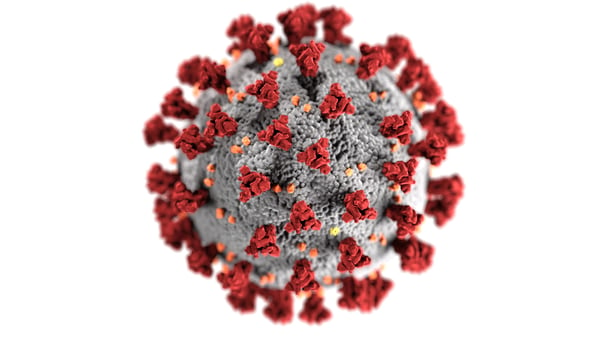How to identify, treat and minimise transmission.
With the sudden drop in temperature as we transition through the year, the inevitable cold and flu season is among us. With the continuing rise in Covid-19 cases and recent alert level increase to ‘4’ (government measures being placed upon the population to slow transmission) the NHS has begun its biggest ever flu vaccination campaign programme designed to help protect the nation from the combined threat of both Covid-19 and influenza (flu).
Why get the flu jab?
Flu can be fatal and each year thousands die in the UK with many more hospitalised due to severe symptoms. 2020 brings further complications as Covid-19 continues to circulate. Make no mistake: both the common flu and Covid-19 can be caught in tandem – a potentially fatal combination.
The government is intent on minimising this potential crisis with a proactive and sustained vaccination program.
Health Secretary Matt Hancock underlined the strategy behind the drive:
“This year more than ever, it is vital that those eligible for the flu jab get it this winter, so you can protect yourself, your family and the NHS. We’re pulling out all the stops to prepare for this uniquely challenging winter and we have enough vaccines for 30 million people this year, more than we’ve ever done before.”
In accordance with the vaccine drive the government has put together an aggressive marketing campaign. The ‘Just’ The Flu campaign, which has been launched within the last few days, will emphasise the seriousness of flu, particularly in our current Covid-19 climate.
In neighbouring France, the capital Paris has seen an exponential rise in cases in recent days, with health officials expressing concern, with over 40% of Covid patience taking up intensive care beds. With this in mind, how do we – ‘the general population’ – have a part to play in alleviating the strain on our NHS workers and urgent care services during the autumnal and winter months?

Symptoms
If you have a temperature above 37.8 you should have a Covid test; temperatures rarely reach figures this high with the common cold. Symptoms consisting of a runny or blocked nose on its own are likely to be a cold.
Loss of taste or smell is a clear symptom of Covid-19 and is not generally considered a symptom of flu – therefore taking a test is recommended. Another symptom of Covid-19 is a continuous cough. You’re at risk if you’ve been coughing incessantly for more than an hour or you have three or more coughing episodes in 24 hours.
Transmission
While Covid-19 and flu viruses are thought to spread in similar ways, the new coronavirus is more contagious among certain populations and age groups than flu.
Those at highest risk include:
- Senior adults
- People with pre-existing medical conditions
- Pregnant women
The inevitable temperate drop winter yields will place fresh challenges on the UK populous.
Wherever your political allegiances lie on the government’s strategy in tackling COVID-19, the importance of identifying and acting in accordance with official advice remains paramount.
If you are part of the group(s) that the government would like to see vaccinated, do not delay. Covid-19’s weakness is that it is not the first pandemic we have faced; history teaches us how to act. As the saying goes, “those who cannot learn from history are destined to repeat it”.
